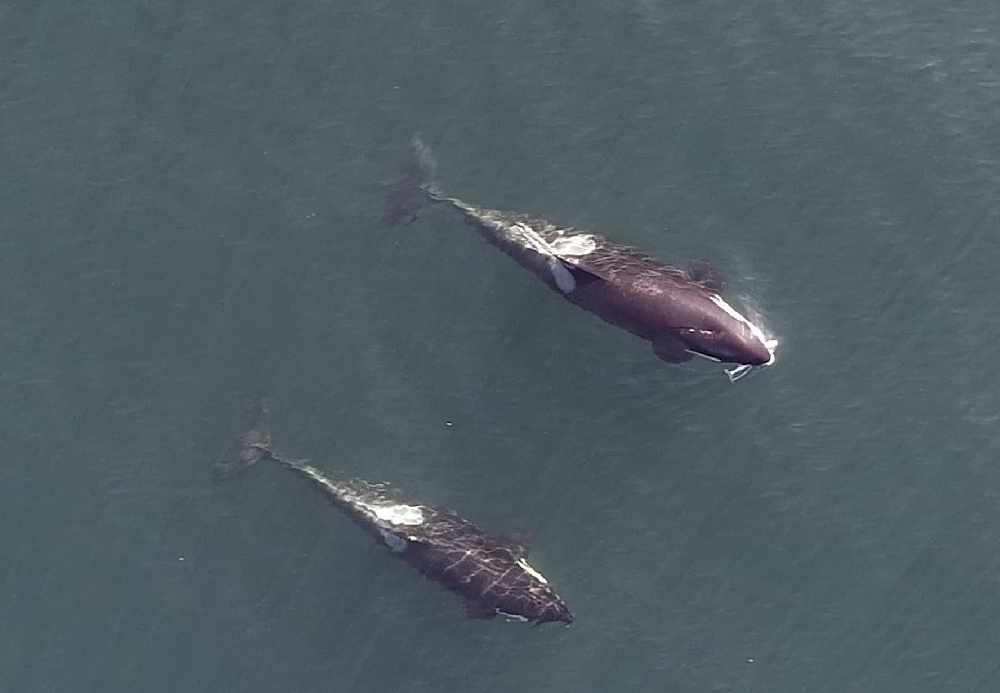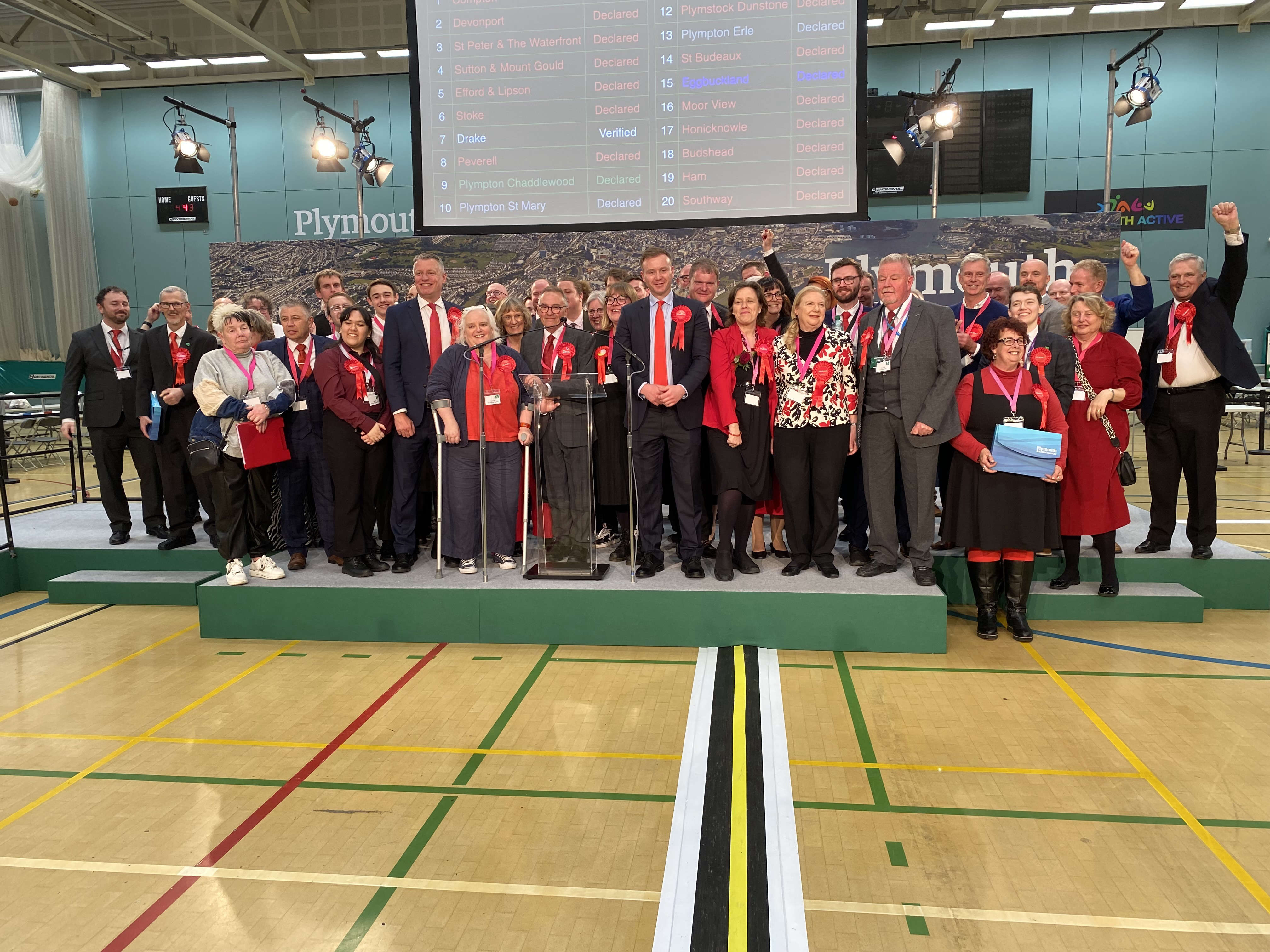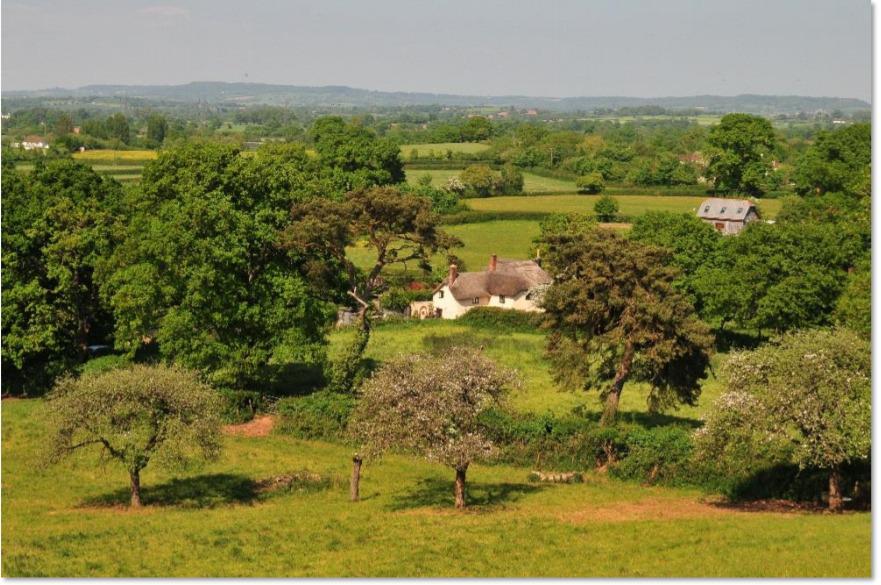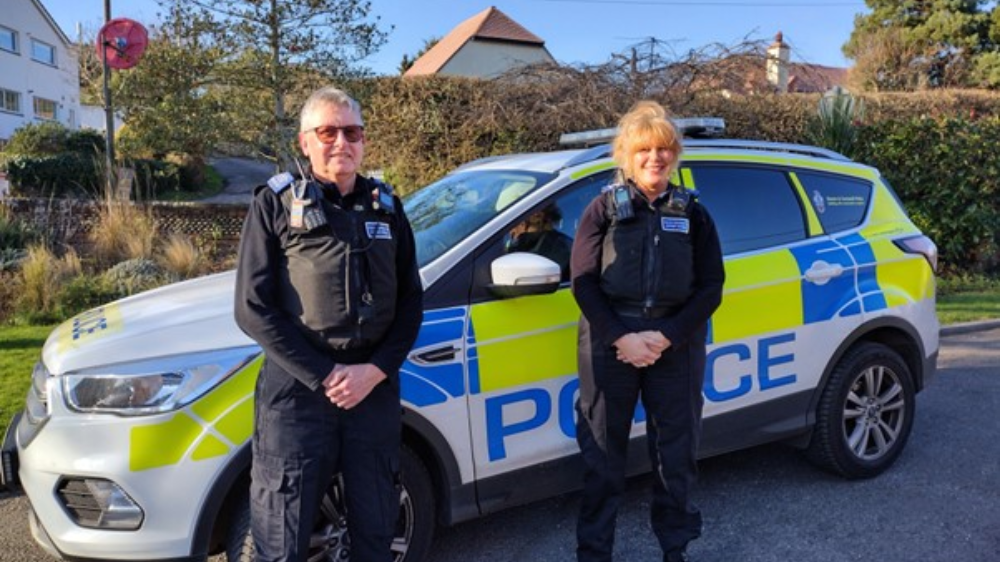
But only with other orcas
Scientists at Exeter University have found that killer whales form close friendships, but have fewer friends as they get older.
Using drones footage, they've shown the animals spend more time interacting with certain friends in their pod, and tend to favour those of the same sex and similar age.
The Exeter boffins, working with the Center for Whale Research (CWR), found the whales become less socially connected as they age.
Lead author Dr Michael Weiss, from Exeter University said: "Until now, research on killer whale social networks has relied on seeing the whales when they surface, and recording which whales are together," said
"However, because resident killer whales stay in the social groups into which they're born, how closely related whales are seemed to be the only thing that explained their social structure. Looking down into the water from a drone allowed us to see details such as contact between individual whales.
"Our findings show that, even within these tight-knit groups, whales prefer to interact with specific individuals. It's like when your mom takes you to a party as a kid – you didn't choose the party, but you can still choose who to hang out with once you're there."
Patterns of physical contact – one of the social interactions the study measured – suggest that younger whales and females play a central social role in the group. The older the whale, the less central they became.
The new research built on more than four decades of data collected by CWR on southern resident killer whales, a critically endangered population in the Pacific Ocean.
Professor Darren Croft, of Exeter's Centre for Research in Animal Behaviour said: "We were amazed to see how much contact there is between whales – how tactile they are. In many species, including humans, physical contact tends to be a soothing, stress-relieving activity that reinforces social connection. We also examined occasions when whales surfaced together – as acting in unison is a sign of social ties in many species.
The start of this drone project – including the purchase of one of the drones used in this study – was made possible by a crowd-funding campaign supported by members of the public, including University of Exeter alumni. Results from the new study are based on 651 minutes of video filmed over ten days.
The study, published in the journal Proceedings of the Royal Society B, is entitled: "Age and sex influence social interactions, but not associations, within a killer whale pod."
 Labour tightens grip on Plymouth City Council power
Labour tightens grip on Plymouth City Council power
 Labour retains control of Exeter City Council
Labour retains control of Exeter City Council
 Devon voters go to the polls
Devon voters go to the polls
 Clyst valley park could double in size
Clyst valley park could double in size
 Multiple arrests made in Exmouth
Multiple arrests made in Exmouth
 Devoncast - Exeter Pride, Torbay tourism and Tavistock trains
Devoncast - Exeter Pride, Torbay tourism and Tavistock trains
